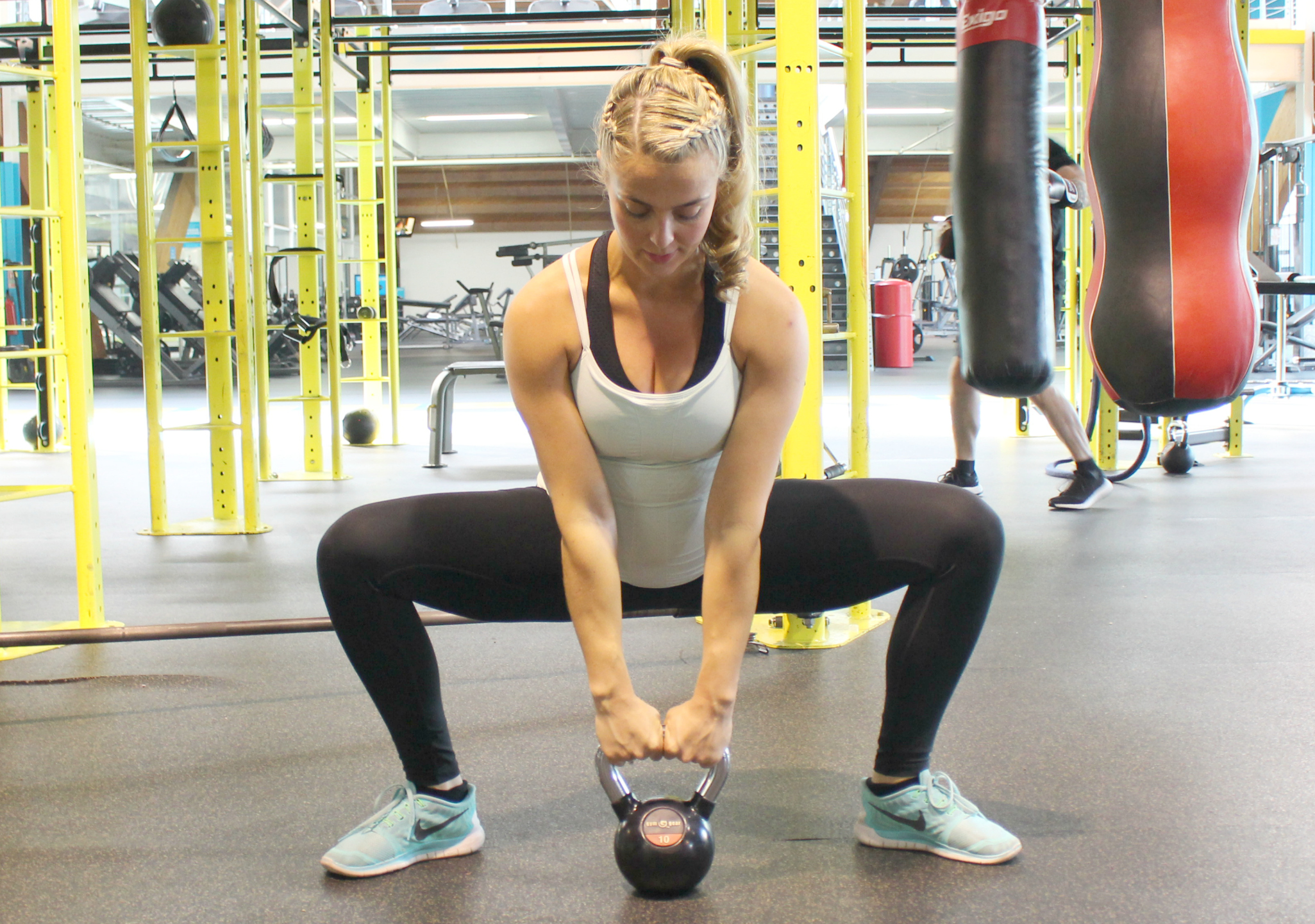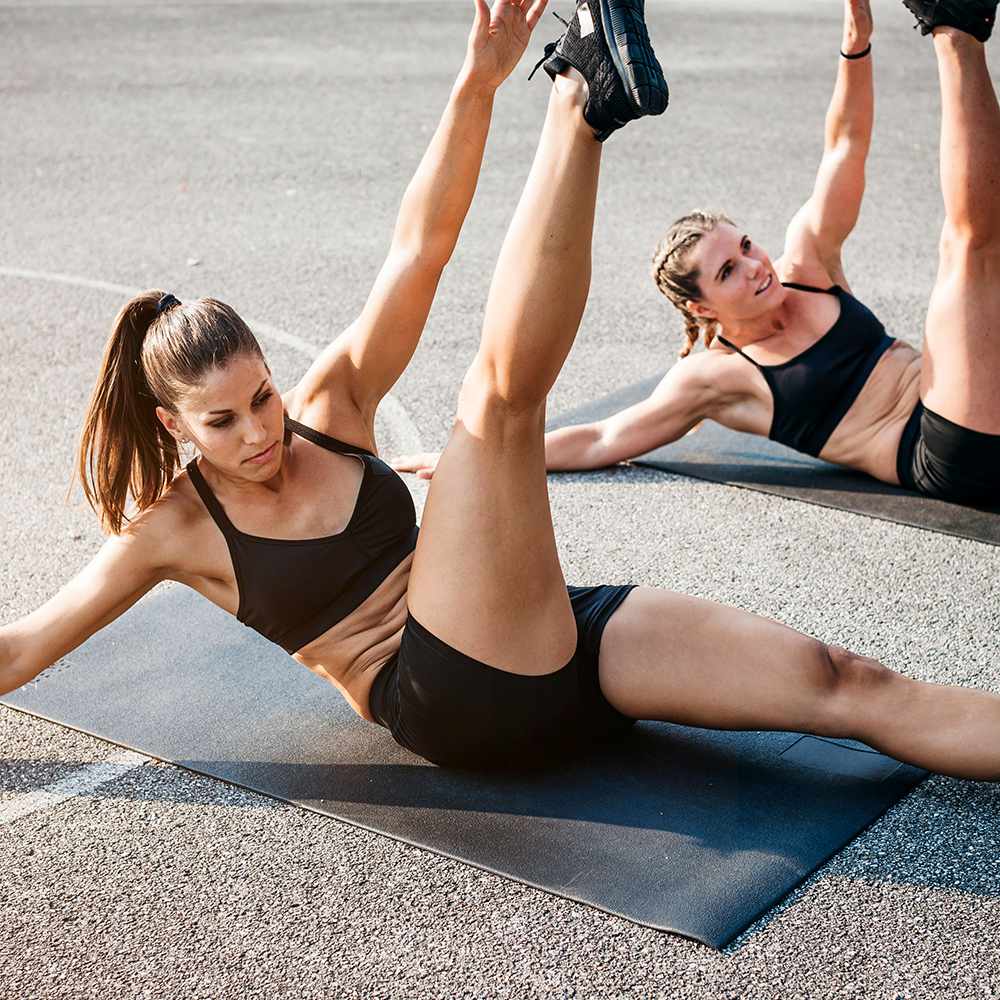Want to get stronger and feel better? Strength training is the way to go! It’s not just for athletes; anyone can benefit from adding these exercises to their routine. Strength training helps you build muscle, get stronger, and even boosts your mood. In this post, we’ll show you the 13 best exercises to start with, no matter if you’re new to working out or if you’ve been doing it for a while. Get ready to see some awesome changes in your body and feel great!

13 Best Exercises for Strength
When it comes to building strength, incorporating the right exercises into your routine is essential. Here are some of the best exercises that target multiple muscle groups and help you develop overall strength:
1. Squats
Squats are a foundational exercise that engage large muscle groups like the quadriceps, hamstrings, and glutes. They also activate your core and improve balance. Squats can be done with various variations, such as barbell squats, dumbbell squats, goblet squats, and more.

2. Deadlifts
Deadlifts are excellent for targeting the glutes, hamstrings, and core. They help improve hip hinge movement, increase strength, and enhance overall posture. There are different variations of deadlifts, including conventional barbell deadlifts, Romanian deadlifts, dumbbell deadlifts, and more.
3. Bench Press
The bench press is a classic exercise for building upper body strength, specifically targeting the chest, shoulders, and triceps. It is an effective compound movement that can be performed with a barbell, dumbbells, or a Smith machine.
4. Shoulder Press
Shoulder presses are great for developing shoulder strength. They primarily target the deltoid muscles and also engage the triceps and upper back. You can perform shoulder presses using dumbbells, a barbell, or a shoulder press machine.
5. Pull-Ups
Pull-ups are an excellent exercise for strengthening the back, arms, and core. They target the latissimus dorsi, biceps, and upper back muscles. If you’re unable to do a full pull-up, modifications such as assisted pull-ups or negative pull-ups can help you build strength.
6. Mountain Climbers
Mountain climbers are a dynamic exercise that engages multiple muscle groups simultaneously. They target the core, shoulders, and lower body, providing a challenging full-body workout. Mountain climbers can be done on the floor or using sliders for an added challenge.
7. Plank
The plank is an isometric exercise that primarily targets the core muscles. It helps build strength in the abdominal muscles, lower back, and shoulders. Planks can be modified based on your fitness level, with options like forearm planks, side planks, and plank variations with leg lifts or shoulder taps.
8. Push-Ups
Push-ups are a classic exercise that targets the chest, shoulders, triceps, and core. They can be done with various hand positions to target different muscle groups. Push-ups can be modified based on your fitness level, starting with knee push-ups and progressing to full push-ups.
9. Glute Bridges
Glute bridges are an effective exercise for strengthening the glutes and hamstrings. They also engage the core muscles and help improve hip stability. You can perform glute bridges with just your bodyweight or add resistance by using a barbell or resistance band.
10. Walking Lunges
Walking lunges are a compound exercise that targets the glutes, quadriceps, and hamstrings. They also engage the core and help improve balance and stability. Walking lunges can be done with bodyweight or additional weight like dumbbells or a barbell.

11. Bicep Curls
Bicep curls focus on strengthening the biceps, which are the muscles on the front of your upper arms. They can be done with dumbbells, a barbell, or resistance bands. Bicep curls can be performed standing or sitting on a bench.
12. Overhead Tricep Extensions
Overhead tricep extensions effectively target the tricep muscles located at the back of the upper arms. This exercise can be done with a dumbbell, kettlebell, or cable machine. Make sure to maintain proper form and engage your core for stability.
13. Boat Pose
Boat pose is a yoga exercise that engages the core muscles, including the abs and lower back. It is a challenging pose that helps improve balance and stability. Start by sitting on the floor, lifting your legs, and balancing on your sitting bones while extending your arms parallel to the ground.
Benefits of Strength Training
By incorporating strength training exercises into your workouts, you can experience the following advantages:

- Improved Muscle Strength: Strength training targets your muscles, helping to increase their strength and endurance. As you challenge your muscles with progressive resistance, they adapt and become stronger over time.
- Enhanced Bone Health: Strength training has been shown to promote bone health and density, reducing the risk of conditions such as osteoporosis. It helps stimulate the production of new bone tissue, making your bones stronger and more resistant to fractures.
- Increased Metabolism: Strength training has a significant impact on your metabolism. As you build lean muscle mass, your resting metabolic rate increases, meaning your body burns more calories even at rest. This can contribute to weight loss and improved body composition.
- Improved Joint Function and Stability: By strengthening the muscles around your joints, strength training helps improve joint stability and reduces the risk of injuries. It also helps alleviate joint pain and discomfort associated with conditions like arthritis.
- Enhanced Physical Performance: Strength training can enhance your overall physical performance, whether you’re an athlete looking to improve your sports performance or someone wanting to perform better in everyday activities. It helps improve power, speed, agility, and overall functional fitness.
- Increased Confidence and Mental Well-being: Engaging in regular strength training can boost your confidence and self-esteem as you see improvements in your strength and physical appearance. Additionally, exercise, including strength training, has been linked to improved mood, reduced stress, and better mental well-being.
Frequently Asked Questions
How long does it take to actually get stronger?
The time it takes to get stronger varies depending on various factors such as genetics, current fitness level, and workout intensity. In general, noticeable strength gains can be seen after several weeks of consistent strength training.
Is 20 minutes of strength training enough?
While 20 minutes of strength training is better than nothing, it may not be enough to see significant strength gains. Aim for at least 30 minutes of strength training per session, with a focus on proper form and intensity.
Can I strength train every day?
It is not recommended to strength train every day. Muscles need time to recover and repair. Aim for 2-3 days of strength training per week, alternating between different muscle groups to allow for proper recovery.

Hello, I’m Ravindra. Over the years, I’ve immersed myself deeply into the world of fitness and health, transforming both my body and mind. Writing has allowed me to share my journey, insights, and expertise with those just starting out and seasoned fitness enthusiasts alike. Beyond just routines and diets, I believe in inspiring others to adopt a holistic approach to well-being.
